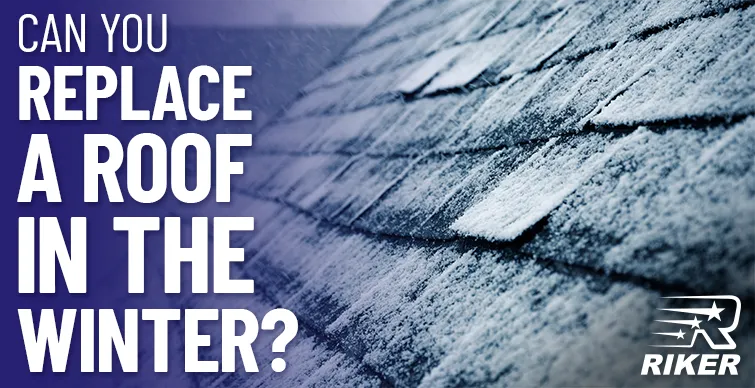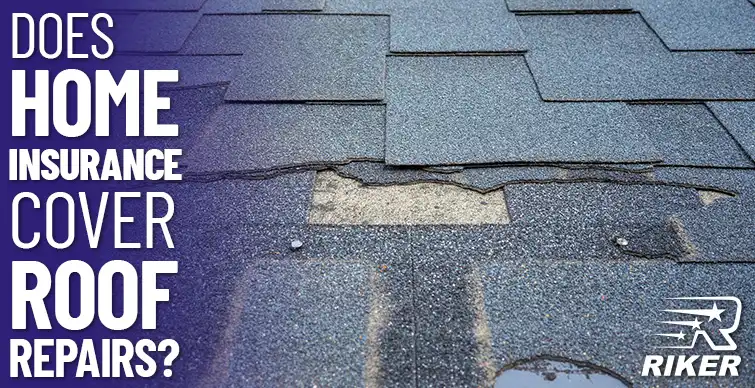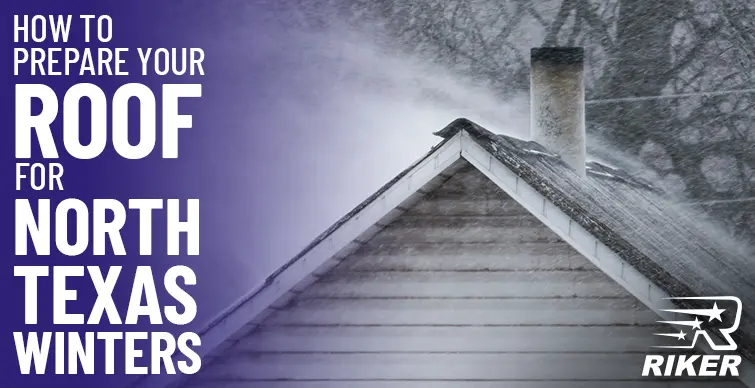Roofing problems can be a significant concern for homeowners in Texas, given the state’s diverse climate and extreme weather conditions. Understanding common roofing issues and how to prevent them is crucial for maintaining a durable and secure roof. In Texas, some prevalent roofing problems include leaks, hail damage, improper installation, and lack of maintenance.
Leaks
One common roofing problem in Texas is leaks. Leaks occur when water penetrates through the roof, causing damage to the structure and interior of a building. Regular roof inspections and maintenance can help identify and repair potential leakage points. It is important to detect leaks early to prevent further damage. Prompt repairs should be carried out to address any identified issues. To prevent leaks, ensure proper roof maintenance, including clearing debris, inspecting and repairing damaged shingles or flashing, and maintaining a well-sealed roof. Using high-quality roofing materials and ensuring proper installation can also help prevent leaks.
Shingle Damage
Shingle damage is a typical roofing issue in Texas caused by wind, hail, or age-related wear and tear. It is crucial to replace missing or damaged shingles promptly to prevent further issues. Proper roof ventilation plays a vital role in preventing shingle damage. Regular inspections help identify damaged or deteriorated shingles. Maintaining a clean roof free of debris and leaves prevents moisture buildup and shingle decay. Addressing shingle damage promptly and ensuring proper ventilation means you can protect your roof and extend its lifespan.
Ponding Water
Ponding water occurs when water accumulates on a flat or low-sloped roof. This can result in significant structural damage and lead to leaks within the building. Preventing ponding water requires the implementation of effective drainage systems to facilitate water runoff. Regular roof inspections are also crucial to identify any potential drainage issues or areas prone to ponding water. Early detection allows for timely repairs or modifications to prevent further damage. By ensuring proper slope and maintaining a well-functioning drainage system, you can minimize the risk of ponding water and its associated problems.
Blown-Off Flashing
Flashing is crucial for sealing gaps and preventing water from infiltrating roof transitions and penetrations. However, strong winds have the potential to dislodge or harm the flashing, leading to water leaks and subsequent damage. To prevent this issue, regular maintenance is essential. It involves inspecting the flashing periodically to ensure it is secure and in good condition. Proper installation is also crucial in preventing blown-off flashing. During installation, attention should be given to securing and anchoring the flashing correctly to withstand strong winds. Hiring a professional roofer with expertise in flashing installation and maintenance can greatly help in preventing blown-off flashing.
Cracked Roof Tiles
Cracks in your roof tiles occur as a result of the state’s extreme weather conditions, such as scorching heat waves and drastic freeze-thaw cycles. When exposed to prolonged periods of intense heat, the materials of the roof tiles can expand and contract, leading to cracks and fractures. Similarly, during freezing temperatures, the moisture trapped within the tiles can freeze and expand, causing the tiles to crack. Detecting cracked roof tiles necessitates regular roof inspections, enabling you to identify and address the issue promptly. Failing to replace these damaged tiles promptly can compromise the roof’s ability to provide adequate protection against leaks and further damage.
Clogged Gutters
Clogged gutters pose a common roofing problem in Texas. When debris accumulates in the gutters, water can’t flow off the roof efficiently, resulting in the risk of water damage. Preventing this issue involves two key steps. First, regular cleaning of the gutters is necessary to remove any debris and maintain their functionality. Second, installing gutter guards can effectively prevent clogging by blocking leaves, twigs, and other debris from entering the gutter system. These guards allow water to pass through while keeping unwanted materials out, ensuring proper drainage and minimizing the potential for roof damage caused by water buildup.
Pest Infestation
Pest infestation is a prevalent and concerning roofing problem faced by people who live in Texas. The presence of termites, ants, and rodents can exacerbate existing issues and compromise the integrity of the roof structure. Regular inspections play a crucial role in identifying and preventing such infestations. When a routine assessment is conducted, you can promptly detect any signs of pest activity and take necessary action to fix the problem.
To safeguard the roof from potential damage caused by pests, it is essential to seal all possible entry points. These may include gaps, cracks, or openings that pests can exploit to gain access to the roofing system. When effectively sealing these entry points, you can create a protective barrier that helps prevent further infestation and potential structural damage.
Ice Dams
Ice dams develop due to snow melting and refreezing at the eaves, resulting in water backup and the potential for leaks. Although this only happens in January and February in Texas, it’s important to prevent ice dams by focusing on insulation, ventilation, and sealing air leaks. Adequate insulation helps maintain consistent temperatures, preventing the snow from melting and refreezing. Proper ventilation ensures airflow and reduces the chances of ice formation. Sealing air leaks, such as gaps or cracks, prevents warm air from escaping to the roof and causing snowmelt.
Tree Damage
Tree damage is a common problem encountered in Texas roofing due to overhanging trees. The presence of these trees can pose a risk to the roof as branches may fall or rub against roofing materials, causing damage to shingles and other components. To prevent such issues, trim away branches that extend towards the roof. This proactive measure helps maintain a safe distance between trees and the roof, minimizing the potential damage caused by falling branches or rubbing limbs.
UV Damage
UV damage is a prevalent roofing problem in Texas due to the intense sun. Over time, the sun’s rays deteriorate the roof materials, resulting in leaks and related complications. To prevent UV damage, apply UV-protective coatings to the roof surface, which act as a barrier against harmful radiation. Opting for light-colored roofing materials is another effective preventive measure, as they reflect sunlight rather than absorb it. Regular roof inspections are crucial to identify early signs of UV damage, such as fading or cracking, allowing for timely repairs. Additionally, maintaining a clean roof surface by removing debris and ensuring proper drainage can enhance its longevity.
Improper Installation
Improper installation of roofing materials in Texas can lead to a range of problems. This includes leaks, shingle damage, and inadequate ventilation. To prevent such issues, enlist the services of a qualified and certified roofing contractor. A skilled professional ensures the correct installation of roofing materials, minimizing the risk of leaks. They also ensure that shingles are properly aligned and secured, reducing the chance of damage during severe weather conditions. Adequate ventilation is crucial in Texas’s hot climate to prevent moisture buildup and heat-related issues.
Contact Riker Home Services Today
At Riker in Plano, Texas, we provide roof repair, replacement, and storm damage services for your home. Our skilled professionals also provide services for plumbing, water heaters, and garage doors. Contact us to schedule an appointment or to find out more about our services.


